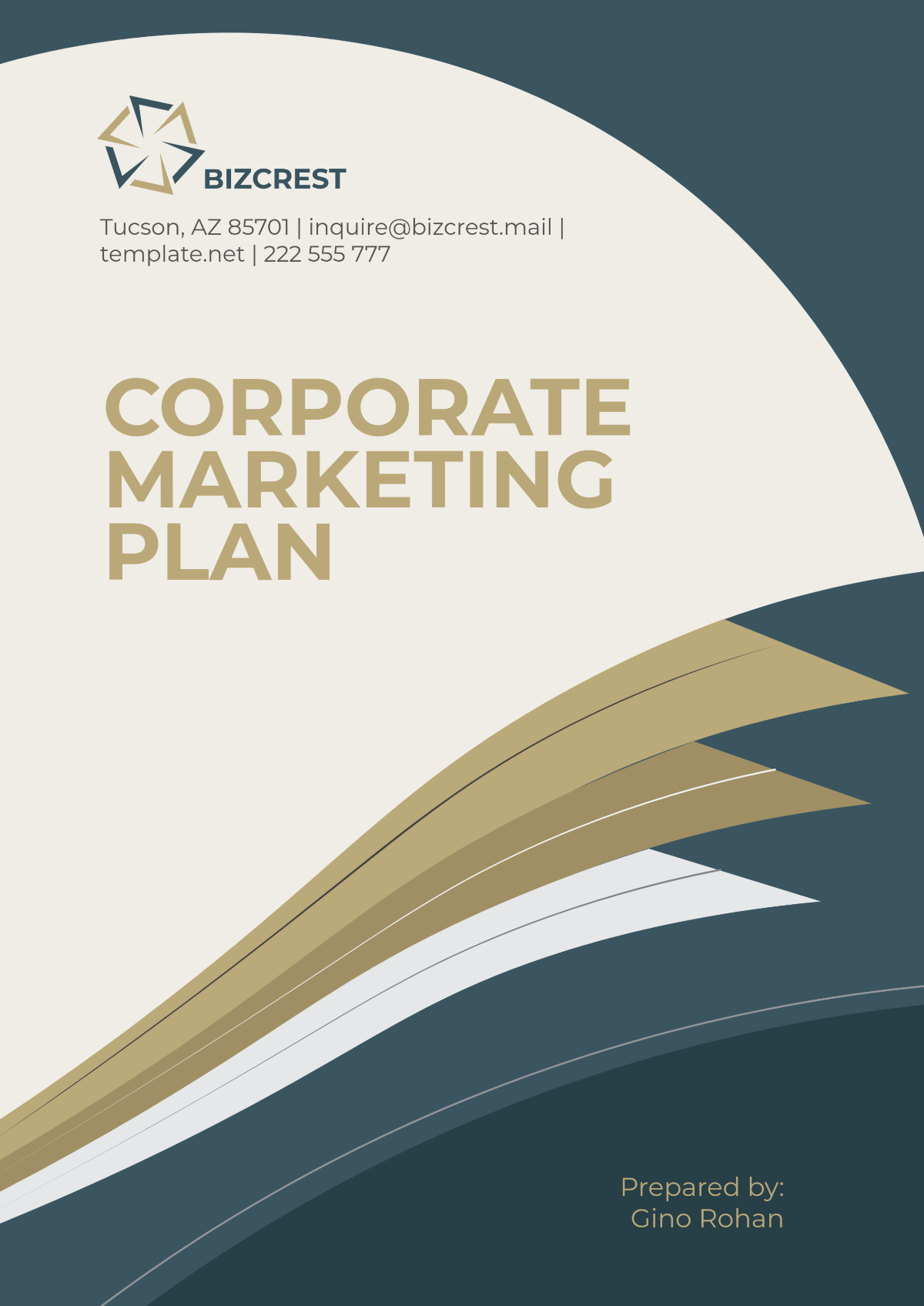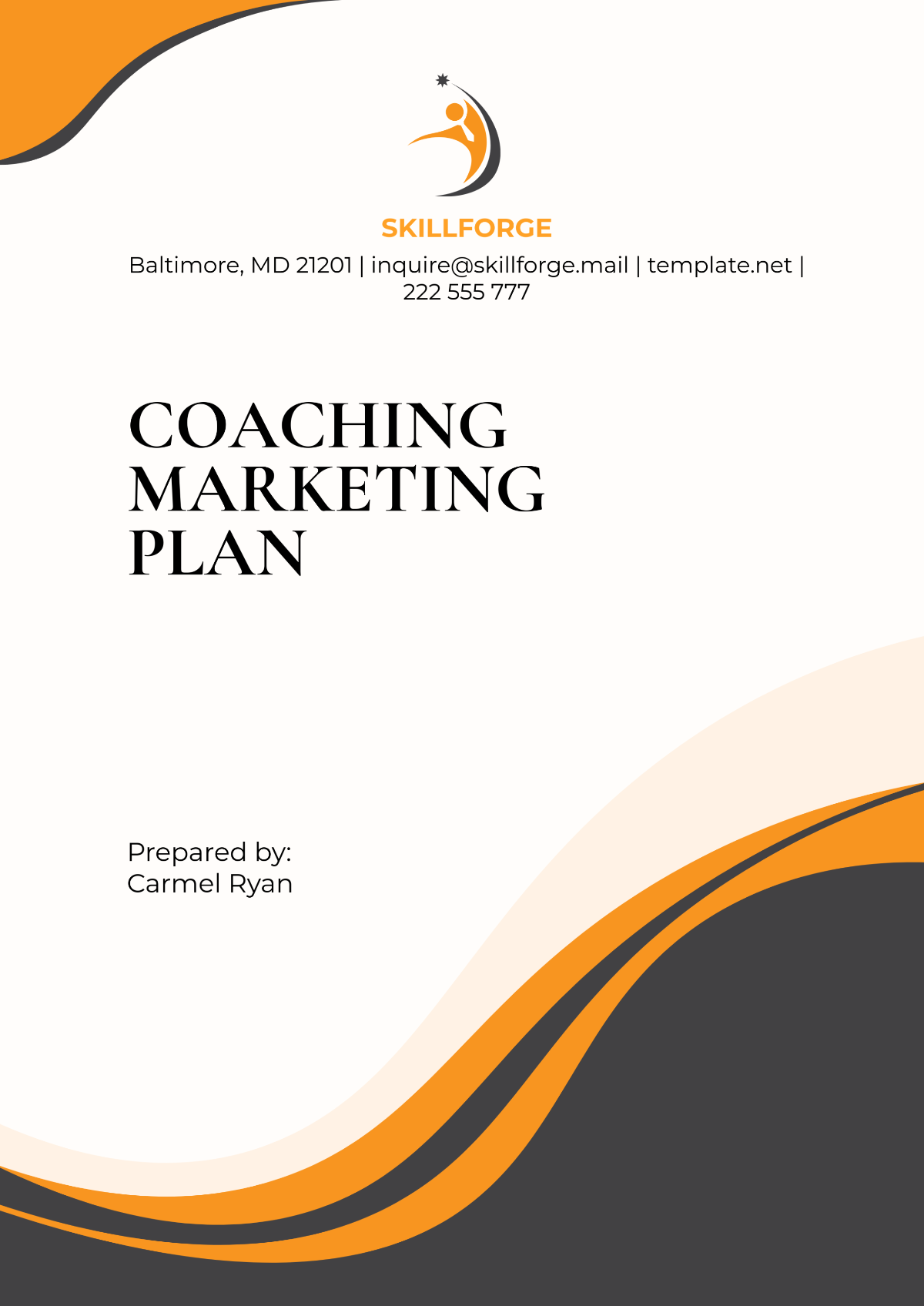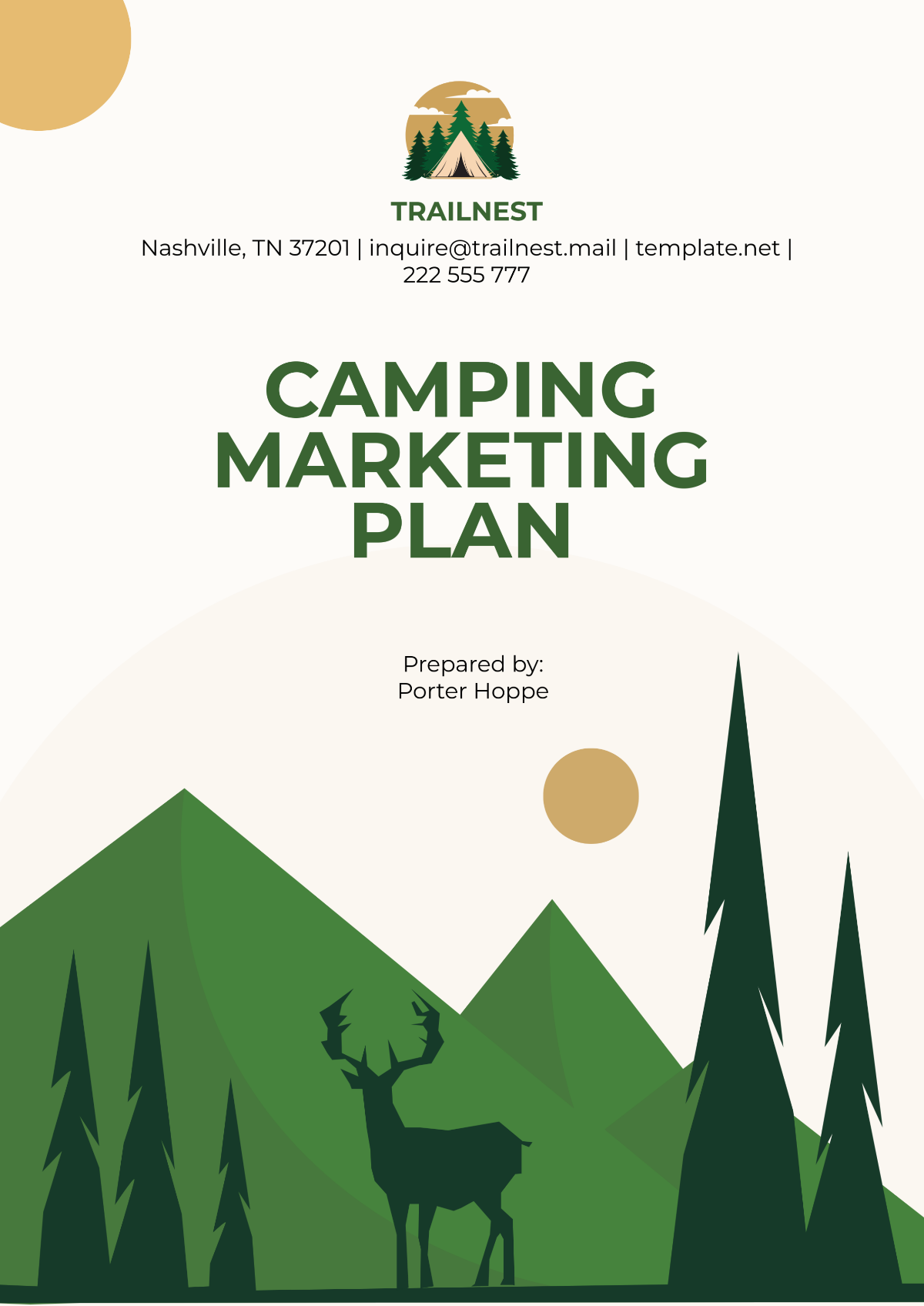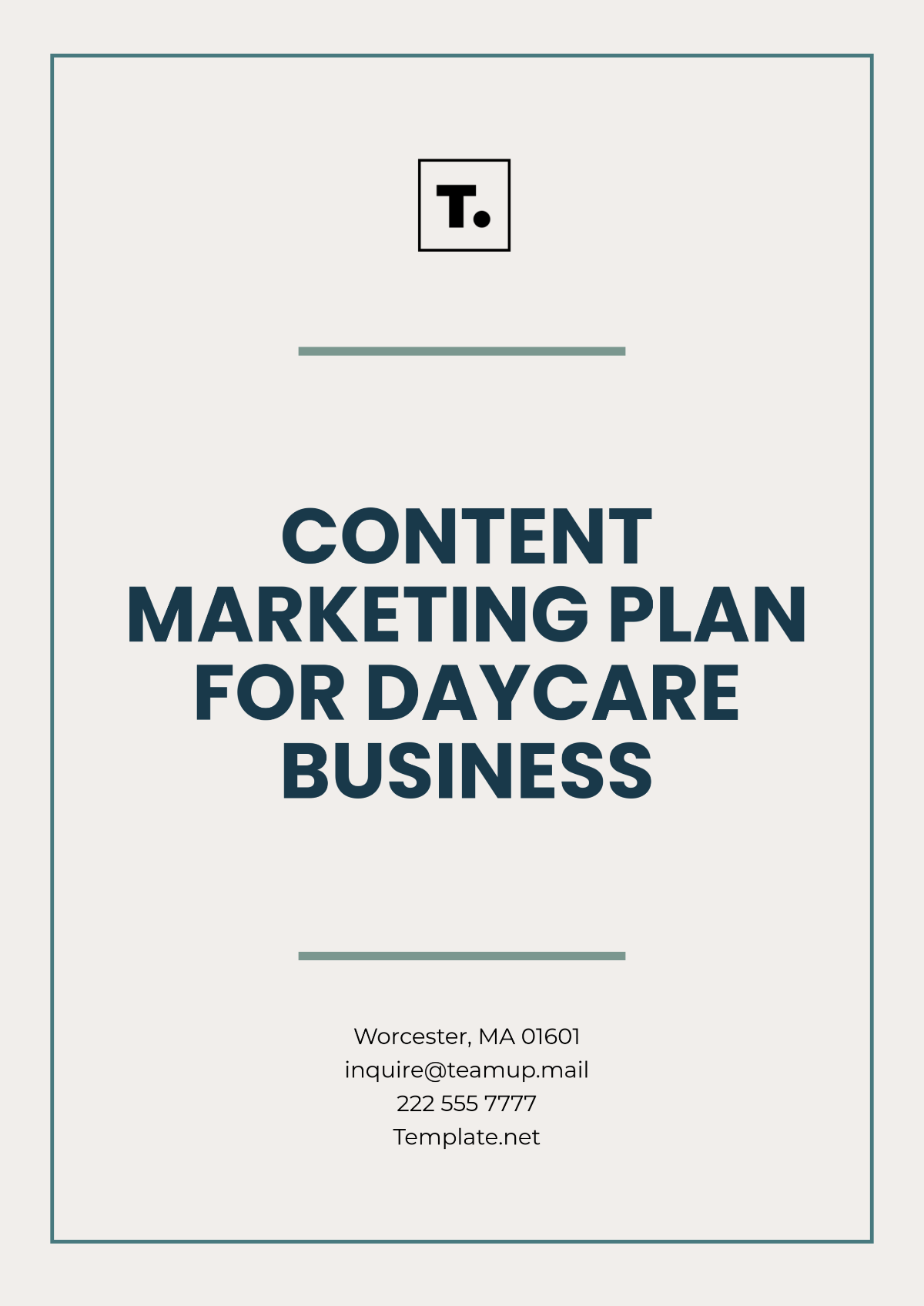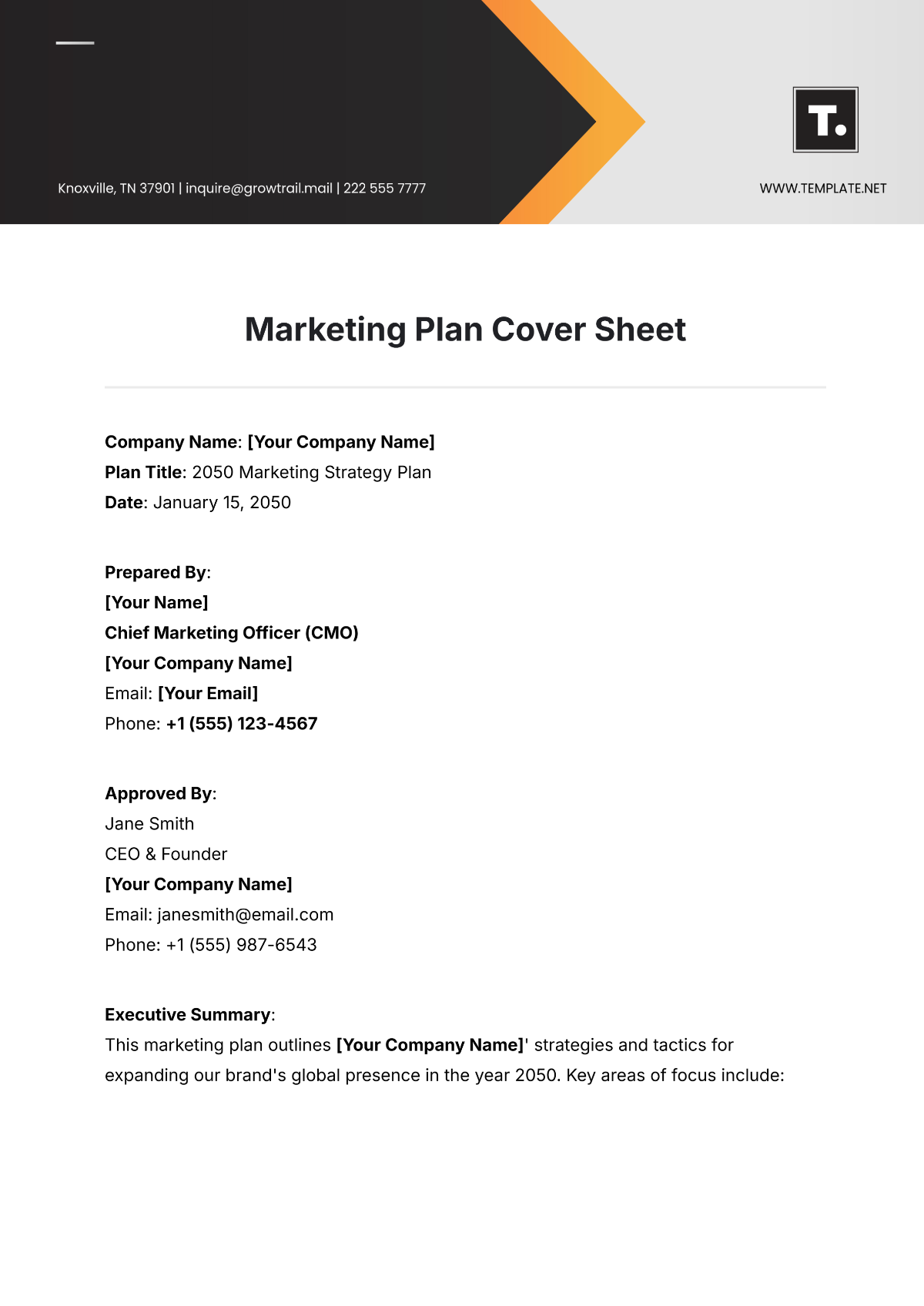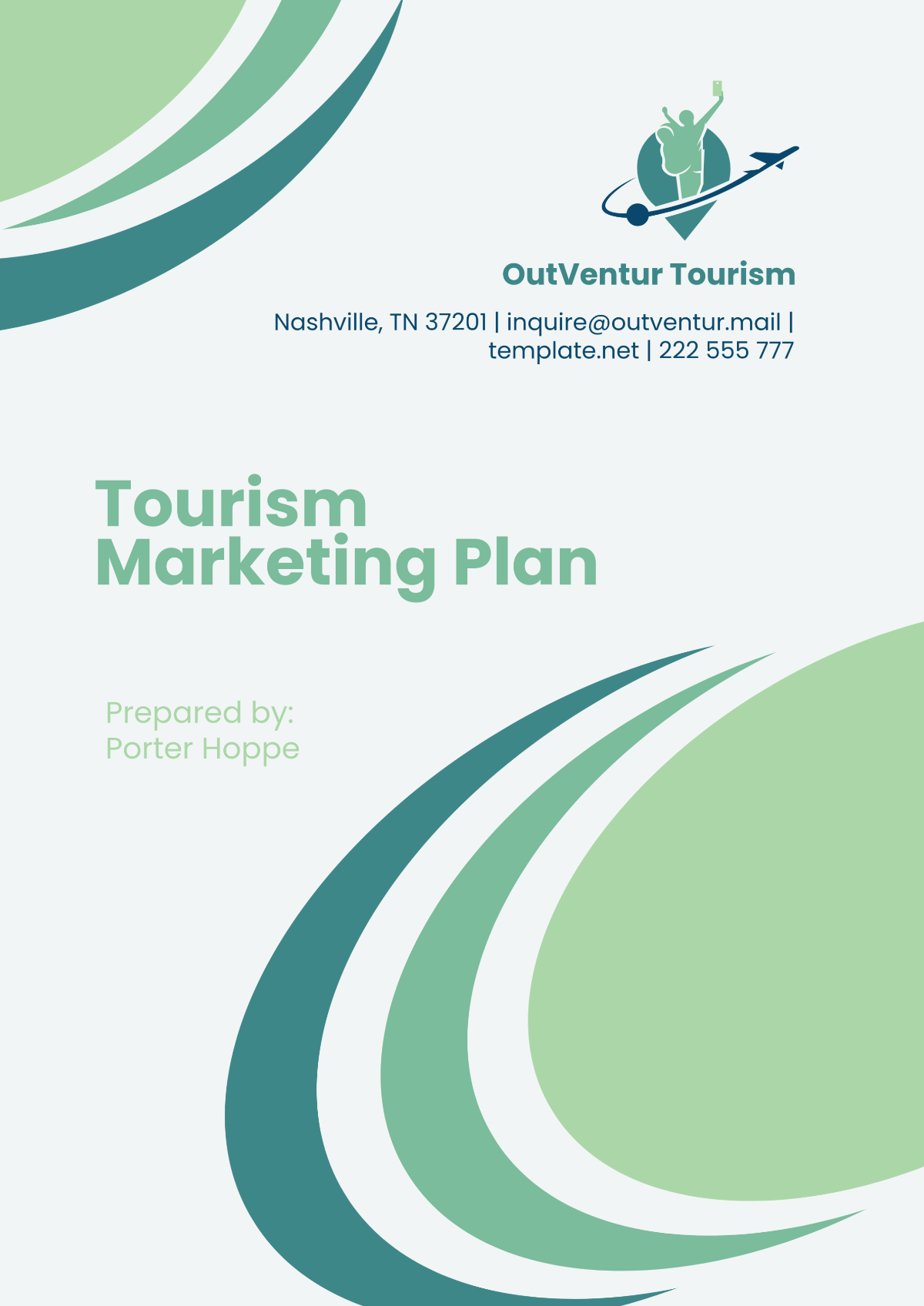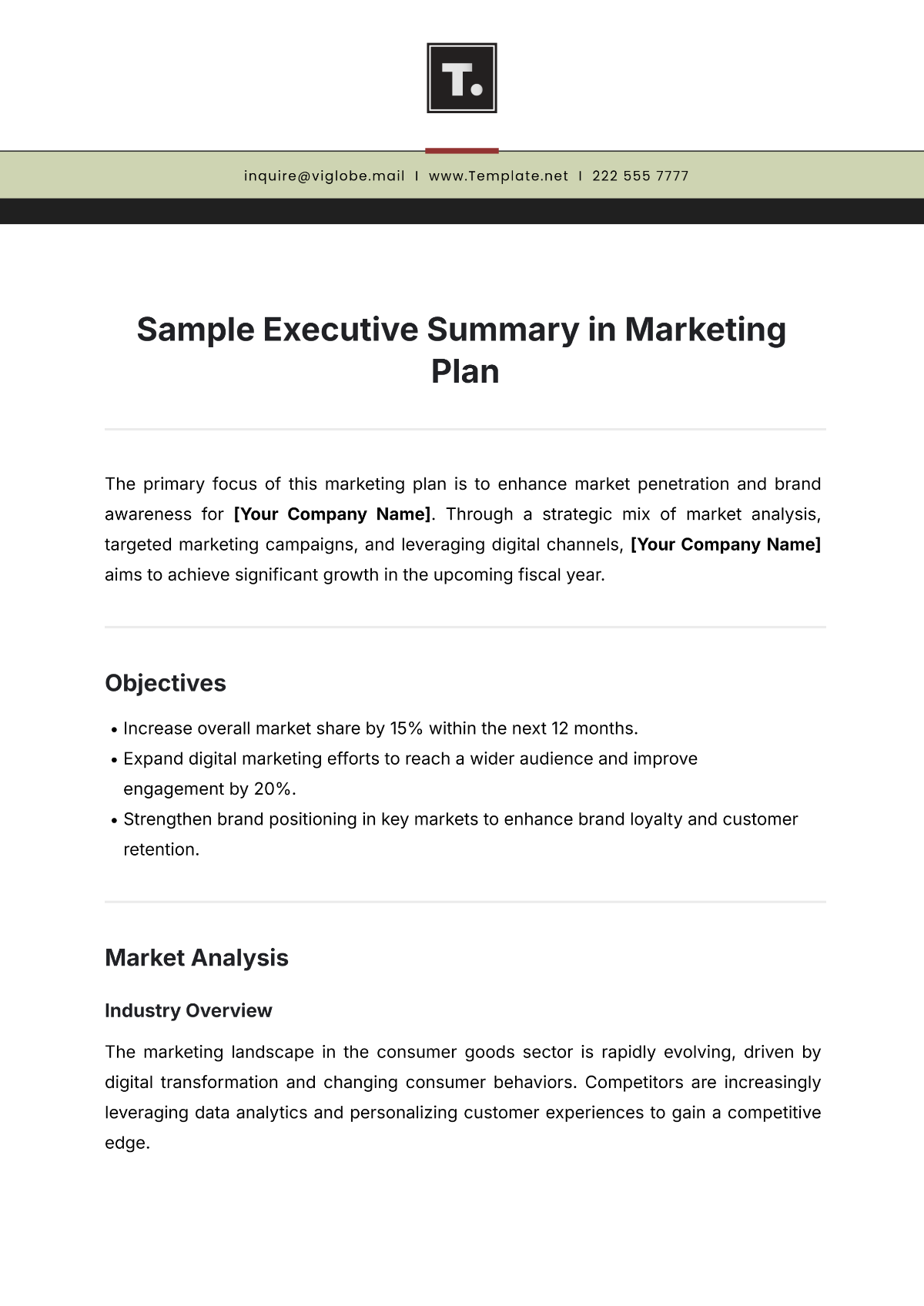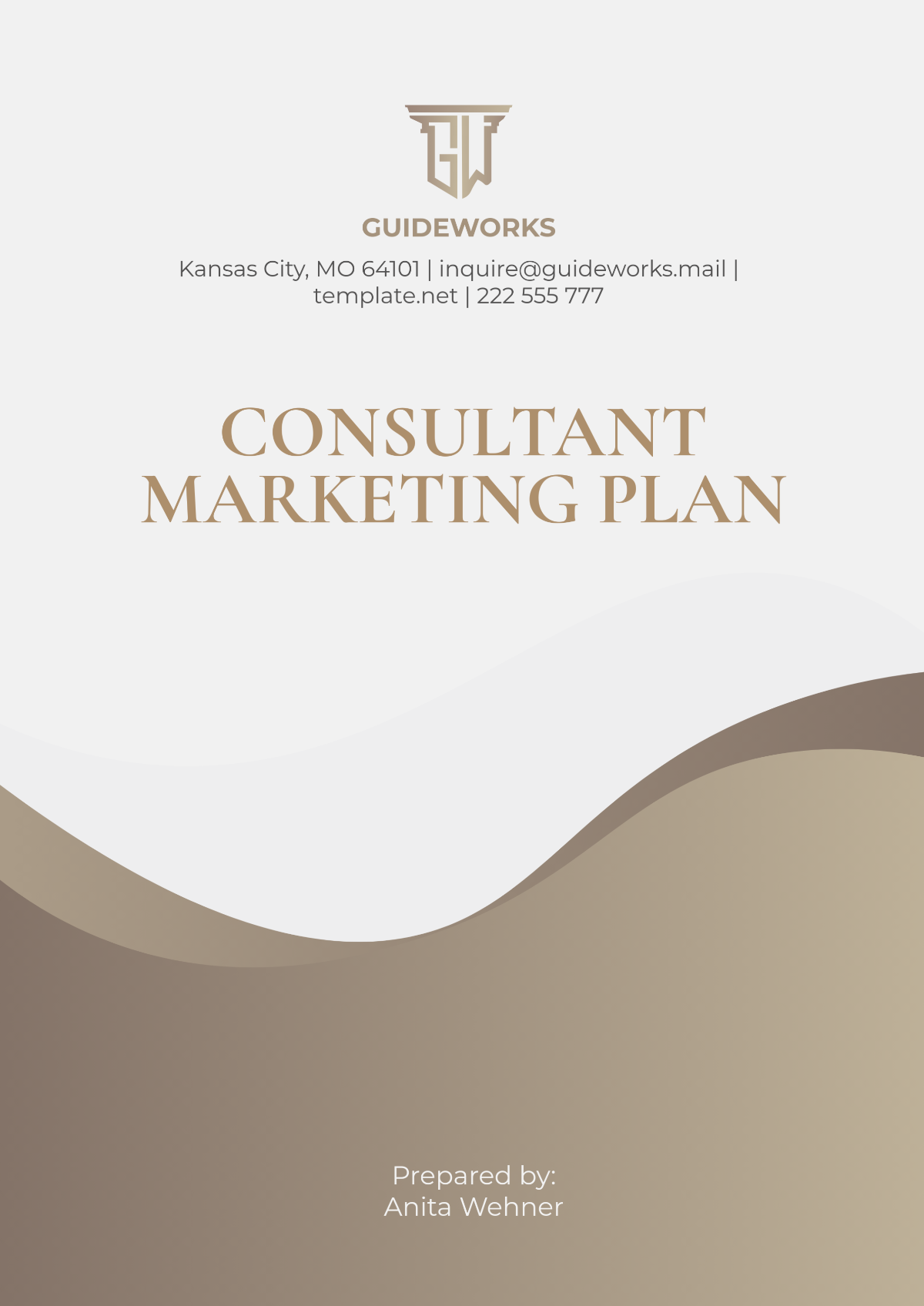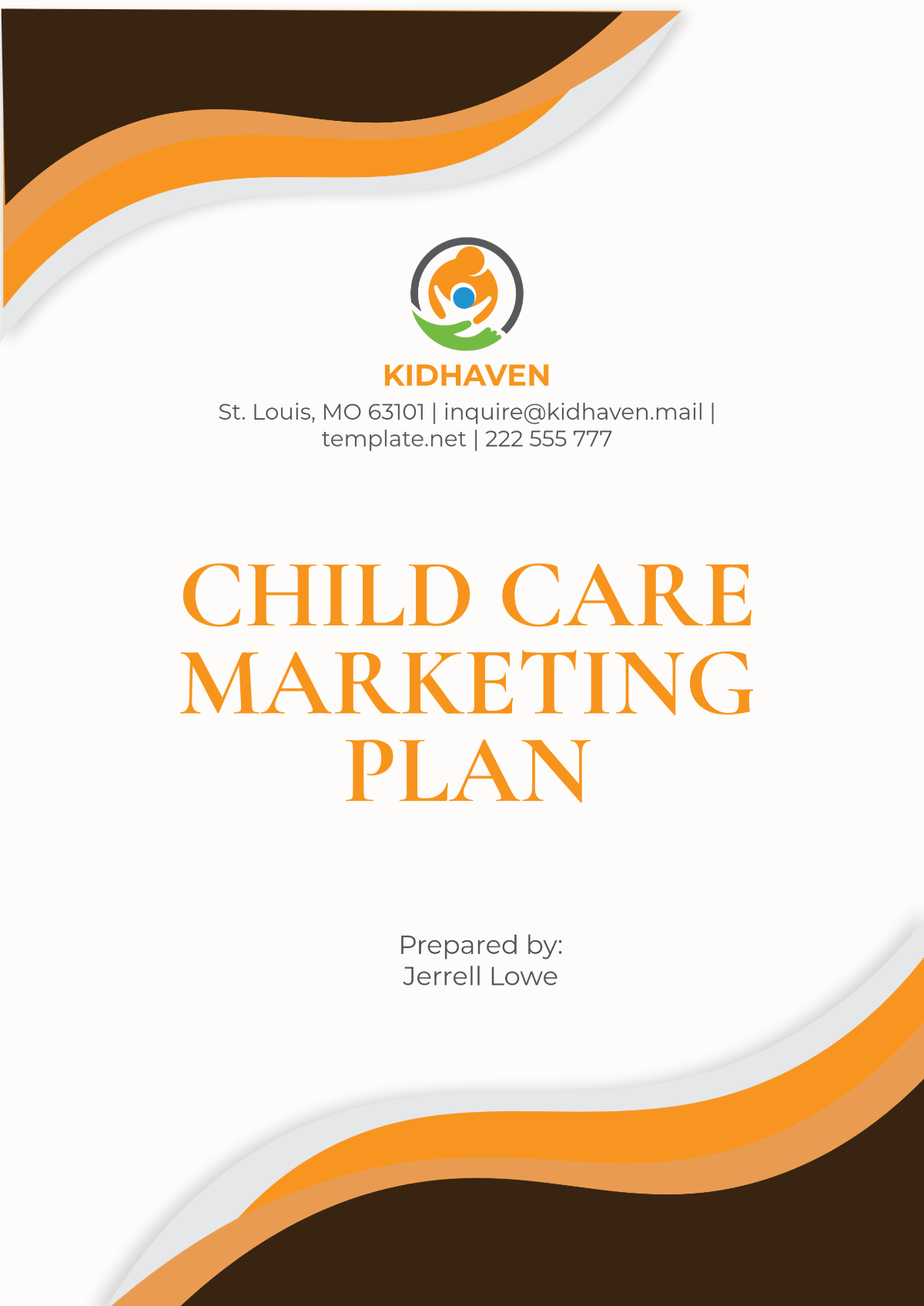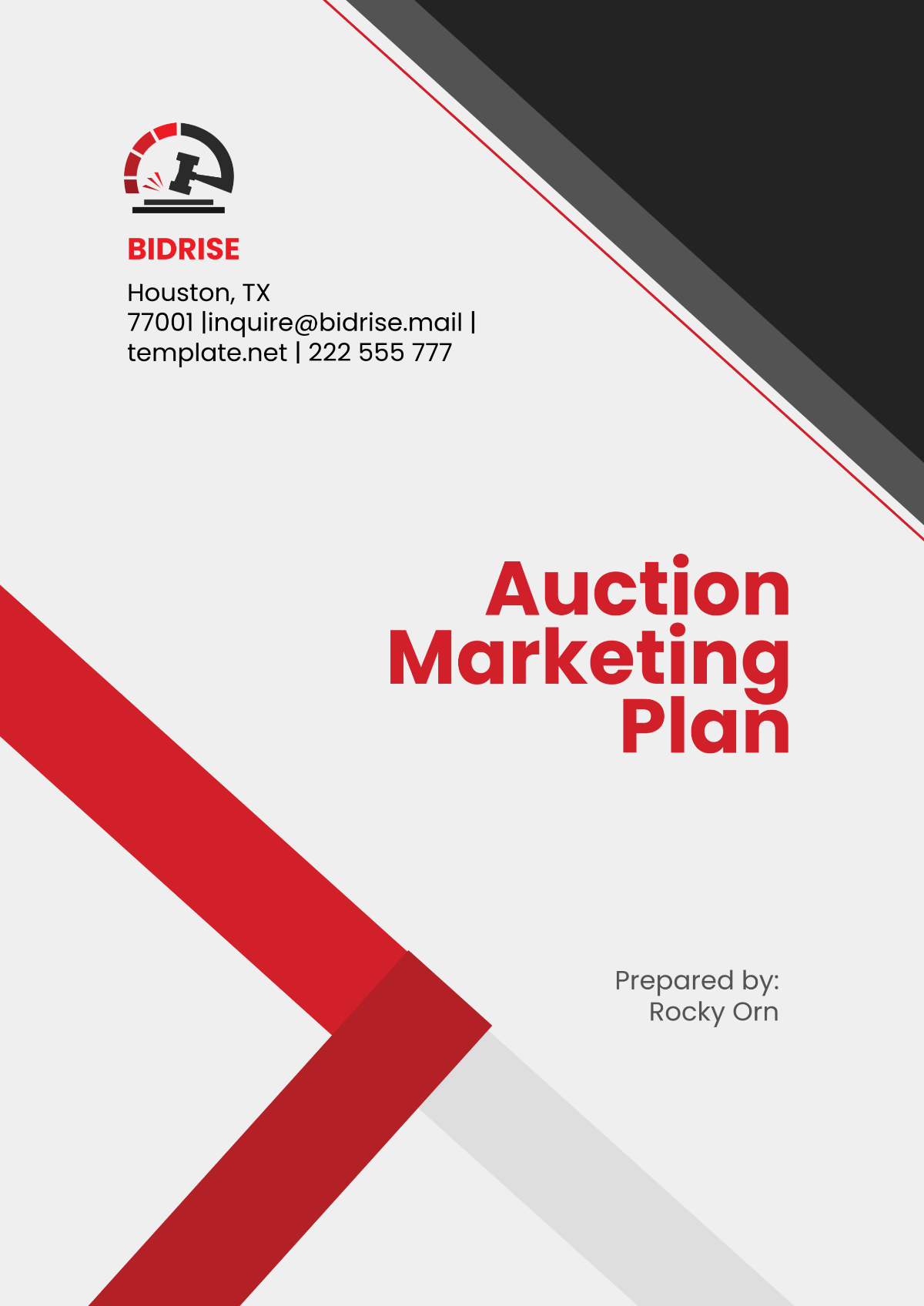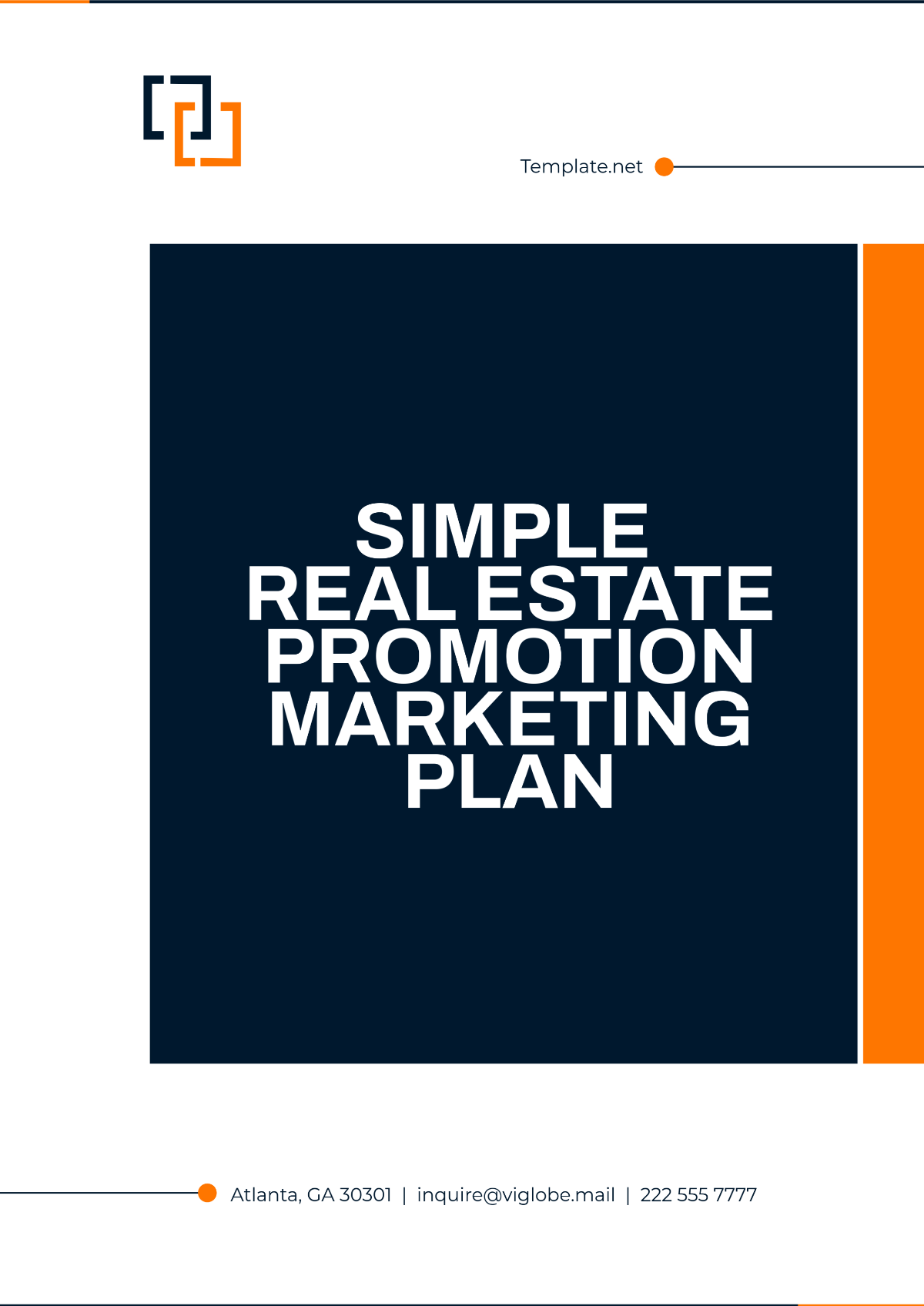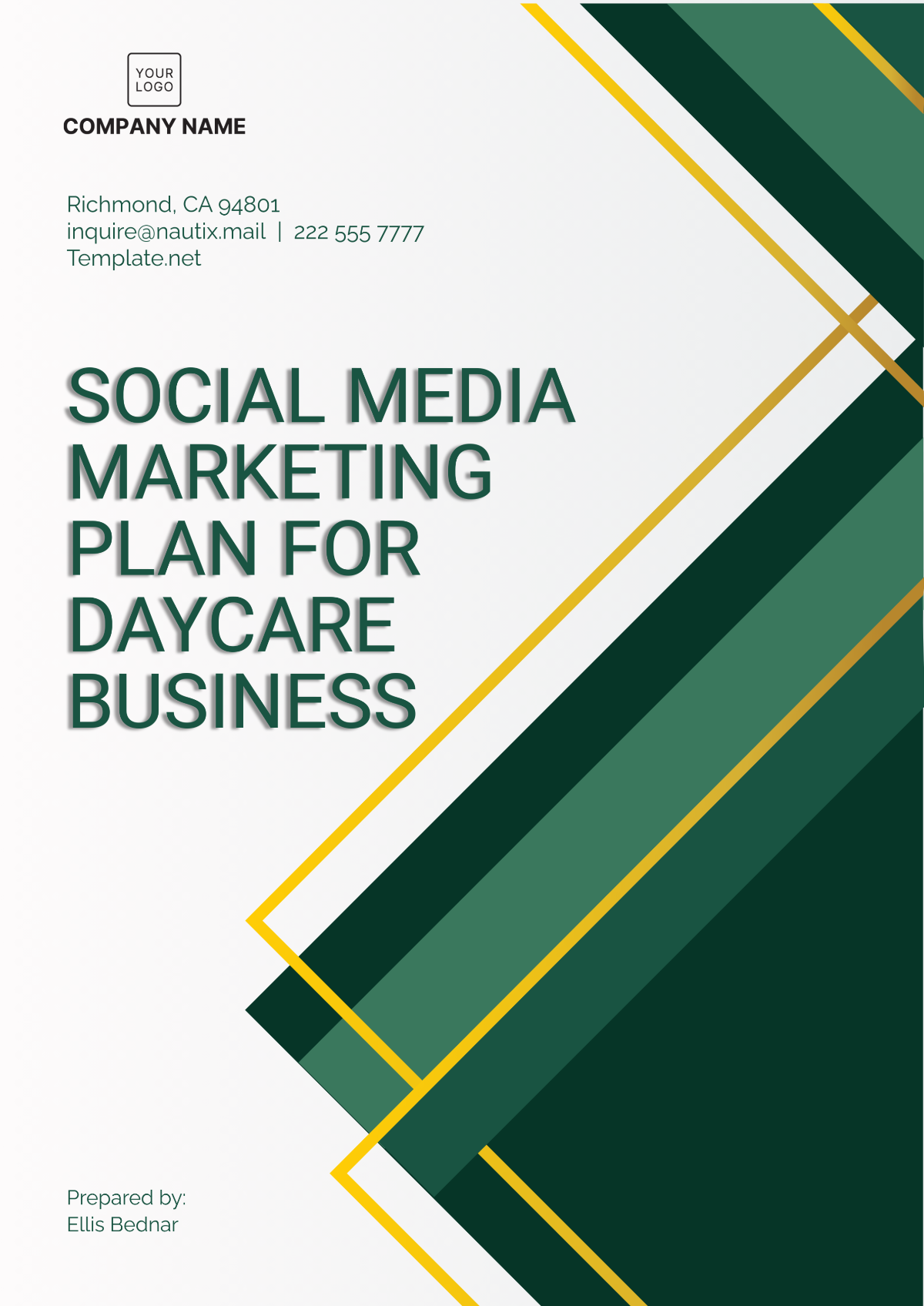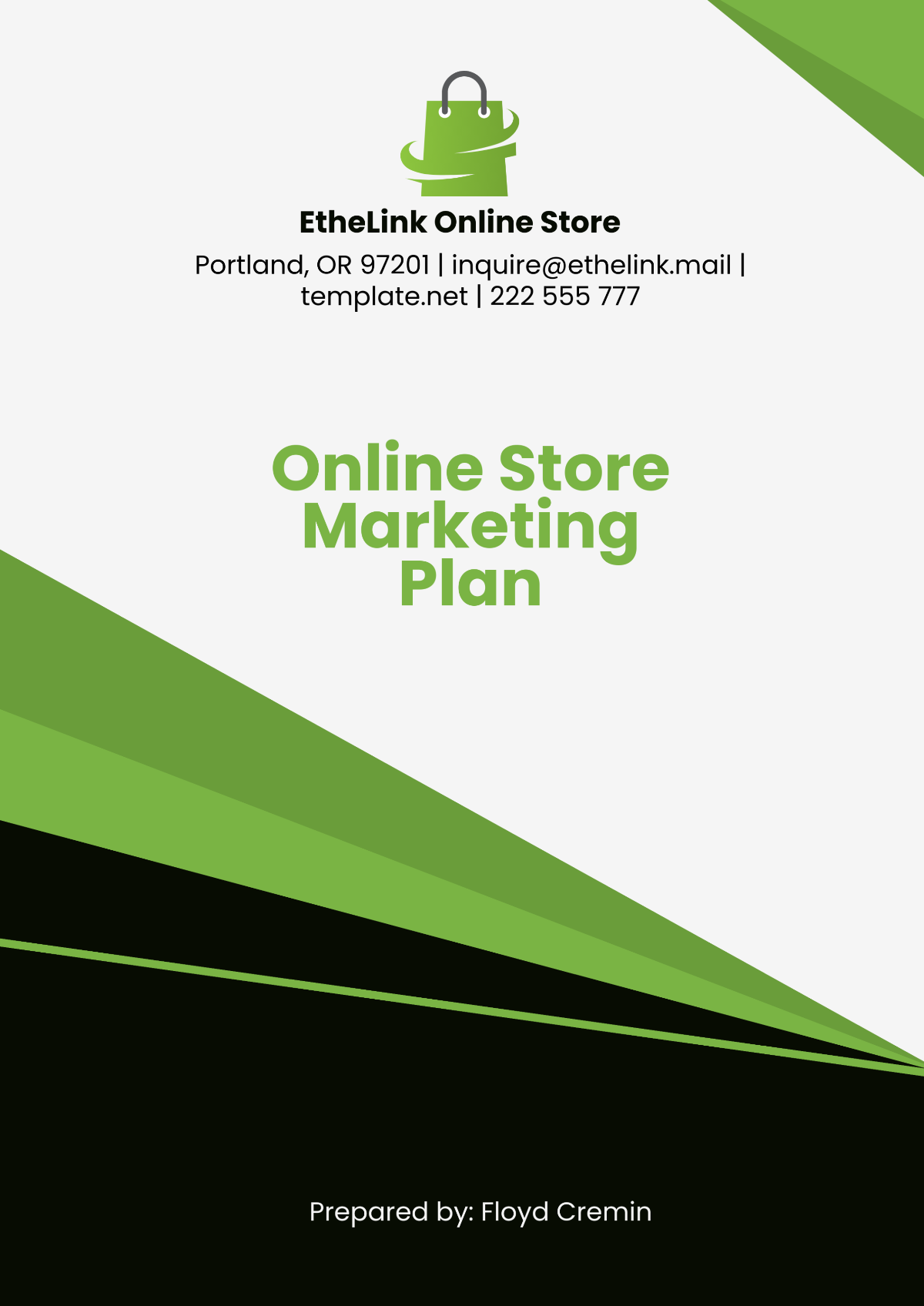Account Based Marketing Plan
Created by: [Your Name]
I. Executive Summary
1.1 Objective
This section provides a concise yet comprehensive overview of the core objectives driving the Account-Based Marketing Plan, fostering clarity and precision in executing strategic initiatives.
1.2 Key Metrics
Customer Acquisition Cost (CAC): Measure the cost incurred to acquire a new customer, informing resource allocation and efficiency.
Customer Lifetime Value (CLV): Assess the long-term value a customer brings to the business, aiding in prioritizing high-value accounts.
Conversion Rate: Evaluate the efficiency of converting leads into customers, highlighting areas for optimization and improvement.
Return on Investment (ROI): Determine the profitability of marketing initiatives relative to the resources invested, ensuring strategic alignment with business objectives.
II. Target Accounts
2.1 Ideal Customer Profile
To define the ideal customer for [Your Company Name], we consider key demographic, psychographic, and behavioral factors. This includes analyzing industry, company size, motivations, and preferences, ensuring alignment with our values and technological readiness.
2.2 Account List
Provide a list of target accounts for this ABM initiative:
Company A: Innovative leader in [industry].
Company B: Reliable and customer-centric in [industry].
Company C: Forward-thinking and open to collaboration in [industry].
III. Marketing and Sales Alignment
3.1 Goals and KPIs
Forge alignment in goals across the marketing and sales teams to ensure coherence in strategy execution.
3.2 Key Performance Indicators (KPIs)
Lead Quality Score: Assess lead suitability for conversion.
Sales Cycle Length: Optimize pipeline efficiency.
Engagement Rate: Enhance customer interaction and conversion strategies.
IV. Messaging and Positioning
4.1 Value Proposition
Tailor a compelling value proposition to resonate uniquely with the needs and objectives of each target account.
4.2 Key Messaging
Formulate impactful messages designed to closely align with the specific needs and pain points of the target accounts, fostering resonance and engagement.
V. Marketing Strategy and Tactics
5.1 Content Strategy
Detail the content strategy for engaging target accounts.
Whitepapers
Case Studies
Webinars
5.2 Channel Strategy
Identify which channels will be used to reach target accounts:
Email Campaigns
Social Media
Paid Advertising
VI. Budget and Resources
6.1 Budget Allocation
Provide a detailed budget for executing the Account-Based Marketing Plan.
Category | Budget |
|---|---|
Content Creation | [Amount] |
Paid Advertising | [Amount] |
Events | [Amount] |
6.2 Resource Requirements
Detail the resources required for the ABM initiatives.
Marketing Team
Sales Team
Design Team
VII. Action Plan and Timeline
7.1 Action Plan
Month 1: Initial outreach to target accounts.
Month 2: Content distribution.
Month 3: Engagement and follow-up.
7.2 Timeline
Provide a timeline for executing the ABM plan:
Month | Activity |
|---|---|
Month 1 | Initial Outreach |
Month 2 | Content Distribution |
Month 3 | Engagement and Follow-up |
VIII. Review and Optimization
8.1 Performance Review
Outline the process for reviewing the performance of the ABM initiatives.
8.2 Optimization Strategies
Suggest strategies for optimizing the Account Based Marketing Plan:
Regular Metric Tracking
Feedback Loops
Continuous Improvement
Contact Details
Website: [Your Company Website]
Social Media: [Your Company Social Media]
